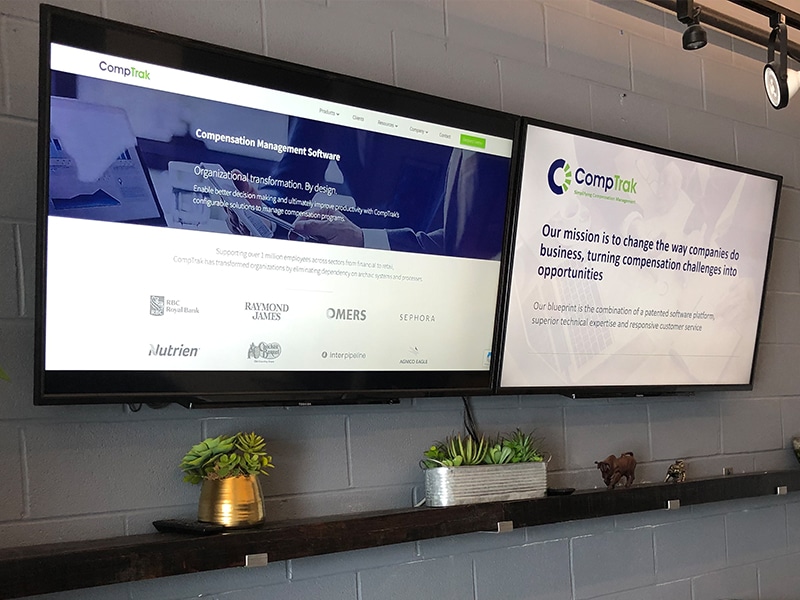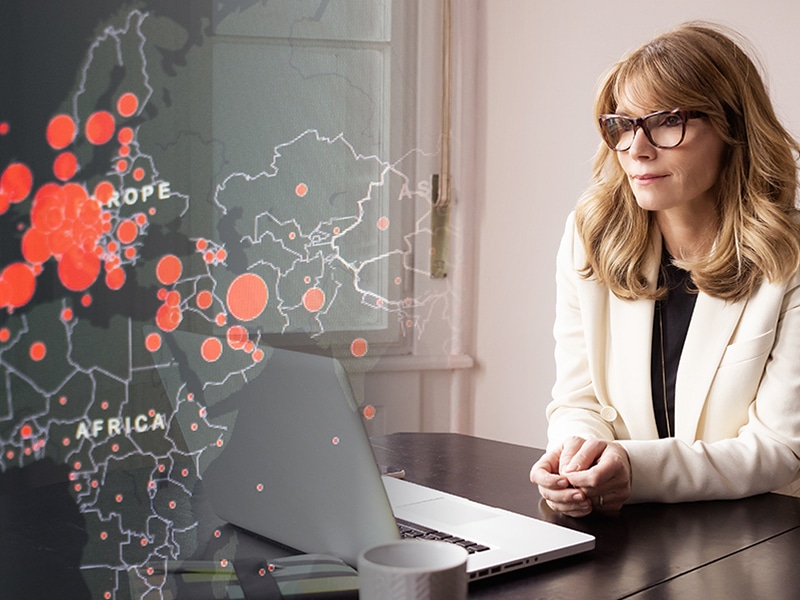Remote work is here to stay. Across many industries organizations are being forced to embrace digitization as they implement long-term work from home (WFH) strategies. World-leading companies, such as Google, Facebook and Amazon have already announced that employees can work remotely for the long-term future.
But there is something that many of those leading organizations have not realized: the WFH model can have a big impact on the year-end bonus cycle and compensation planning. Managing the whole compensation process – planning, calculation, inputs, aggregation, administration and finally communication to the employee – has become infinitely more complicated with the dispersed work model. That is then compounded by the necessity of flexible working brought on by the WFH model.
But crucially, the security risks are far higher with WFH. For many companies sensitive information – relating to employee remuneration – is now under threat. The boardroom alarm bells should be ringing.
Security First
First, let’s talk about the security risks. Now that employees are working from remote locations, they might be using personal hardware or unsecured networks to access company systems, tools or information. There is no real guarantee that they will adhere to the organization’s security guidelines, on using VPNs for example, making them more vulnerable to attacks from outside of the corporate firewall. And just imagine the exposure risk if employees are sharing corporate devices with family members and friends.
Moreover, many compensation management operations involve having personal data on spreadsheets that are being shared to personal devices via unencrypted emails; that data is at risk of being breached. It is also hazardous if laptops containing sensitive data go missing, as the company can no longer control what happens with that data. And as if the risk weren’t high enough, using spreadsheets in this way could also result in non-compliance with data privacy regulations; like GDPR in the European Union.
By leveraging a secure digital system that’s specifically devoted to compensation & bonus cycle management, you can make sure that all of this information is kept safe & secure in the cloud.
That platform should include two-factor authentication login for all users so that in the event of a security breach, the system’s administrator can easily shut down the account of the perpetrator, and remove access.
Dispersed Systems Limit Collaboration
Effective collaboration between team members has been one of the biggest challenges thrown up by the WFH model. If all information on rewards and bonuses is kept on one desktop and managed by one individual, then accessing that information becomes a complex task. Equally, having the information dispersed across separate spreadsheets that are kept in separate systems, is another quick route to a logistical nightmare.
Though impractical, it was still possible to operate in such a way before remote working became the norm. But that impracticability, along with the advent of WFH, now spells double trouble for dispersed systems. It’s more important than ever to centralize all of that information in one place and make sure users have real-time visibility.
That centralized system facilitates information sharing between decision-makers, which would be extremely labour-intensive at scale. Crucially, it also ensures decisions are made with the latest data, empowering business leaders to make better informed, quicker judgements which could have a profound effect on the company’s direction and future success. The ability to communicate seamlessly is vital, so any software that you invest in to centralize your compensation management should also include communication functionality. That will ensure you can keep in sync with other team members.
Flexibility For All
Given changing trends and the current work climate, it is logical that companies are transitioning towards an entirely digital compensation process, and away from a paper-check-on-desk, and in-person evaluation strategy. As workforces go remote, they enjoy newfound levels of flexibility around their work environments and schedules. The cultural shift affects a company’s compensation strategy, which should give flexibility to employees to engage with their unique compensation data on their own terms.
The global pandemic caught business leaders, and the wider public, off guard earlier this year. Adapting has been a monumental challenge, with a huge variety of social and business considerations for companies to address. But the transformation is not yet complete. Companies should continue to digitize and modernize, and now direct their focus to their compensation process. Centralization of compensation data is fundamental to assuring that sensitive employee data is accurate, accessible and secure.















